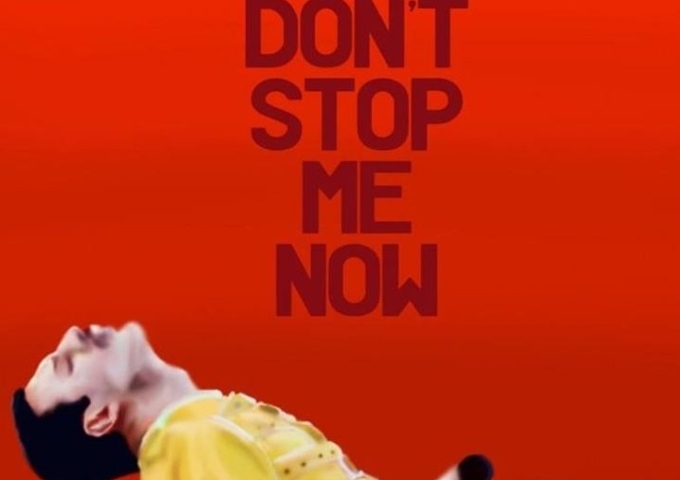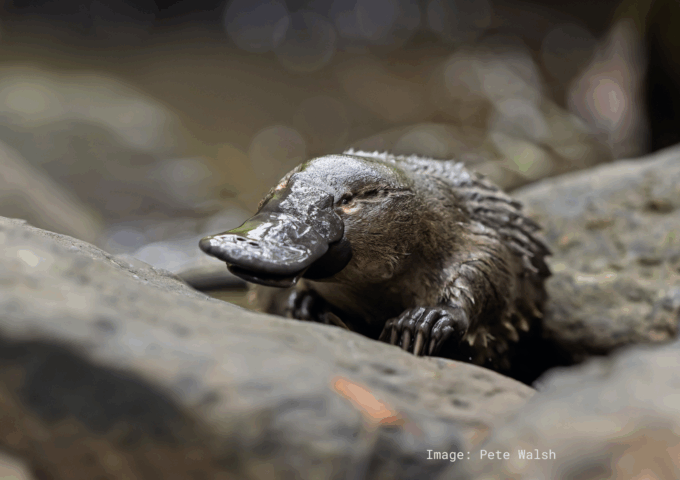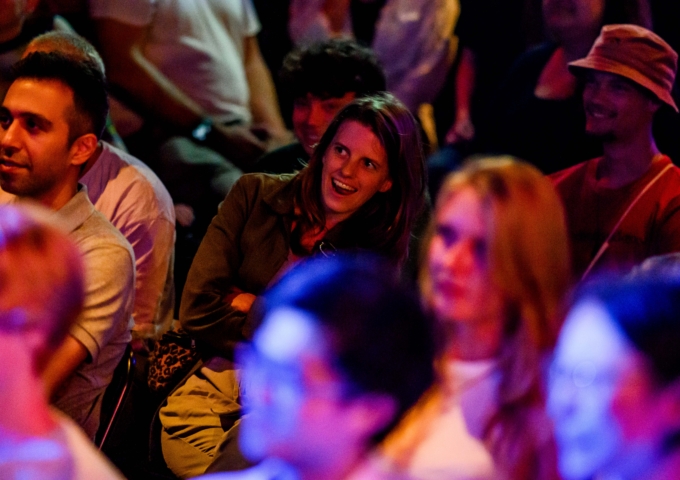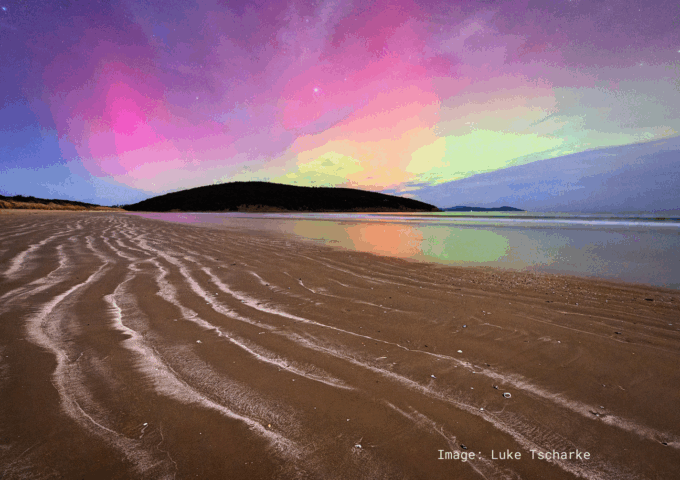
Tasmania is all about indulgence: for foodies, nature-lovers, art connoisseurs and the eternally curious. It also boasts the world’s best vantage point to view the Southern Lights and a stellar line-up of scientists to boot.
Capitalising on this, National Science Week 2025 officially launched in TAS with the opening of ‘Southern Nights – The Science and Beauty of Aurora Australis’ exhibition and a call for rising stars in the Tasmanian STEM Excellence Awards.
Punching well above its island state weight, Tasmania enjoys a Science Week following verging on cult status with perennial favourites like Beaker Street Festival, Young Tassie Scientists and Festival of Bright Ideas.
National Science Week Patron for Tasmania, Dr Jess Melbourne-Thomas, said:
“National Science Week is a fantastic opportunity for our community to engage with the wonders of science. It’s a time to celebrate the innovation and the exciting discoveries shaping our world from right here in Tasmania – from interactive festivals to hands-on workshops, the program offers something for everyone at all ages.”
Below is a selection of highlight events to give you a taste of the science smorgasbord on offer. Alternatively, use the search engine to find more events in Tasmania.
Southern Nights – The Science and Beauty of Aurora Australis: Saturday 9 August to Monday 18 August in Hobart
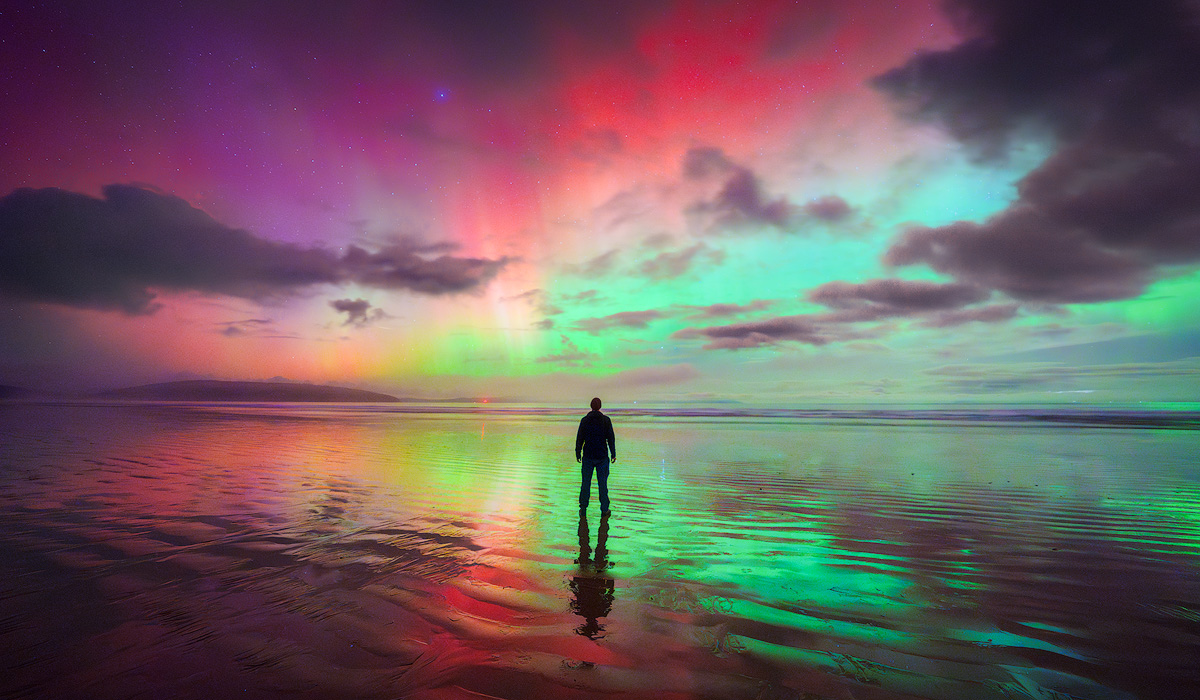 Tasmania is the best place in the world to see the Southern Lights (aka Aurora Australis).
Tasmania is the best place in the world to see the Southern Lights (aka Aurora Australis).
See how space weather, solar activity and particles from the Sun create epic displays when they hit Earth’s atmosphere in the ‘Southern Nights’ exhibition at Salamanca Arts Centre.
And find out what causes mesmerising aurora displays like arcs, rays, curtains and a rare phenomenon called STEVE.
Timed during the 2025 solar maximum (11-year peak of Sun’s activity) the exhibition brings together award-winning photography, timelapse footage and a ‘live aurora dashboard’ providing real-time space weather data.
Beaker Street Festival – Wild ideas. Curious adventures. Nerds: Tuesday 12 August to Sunday 19 August in Hobart
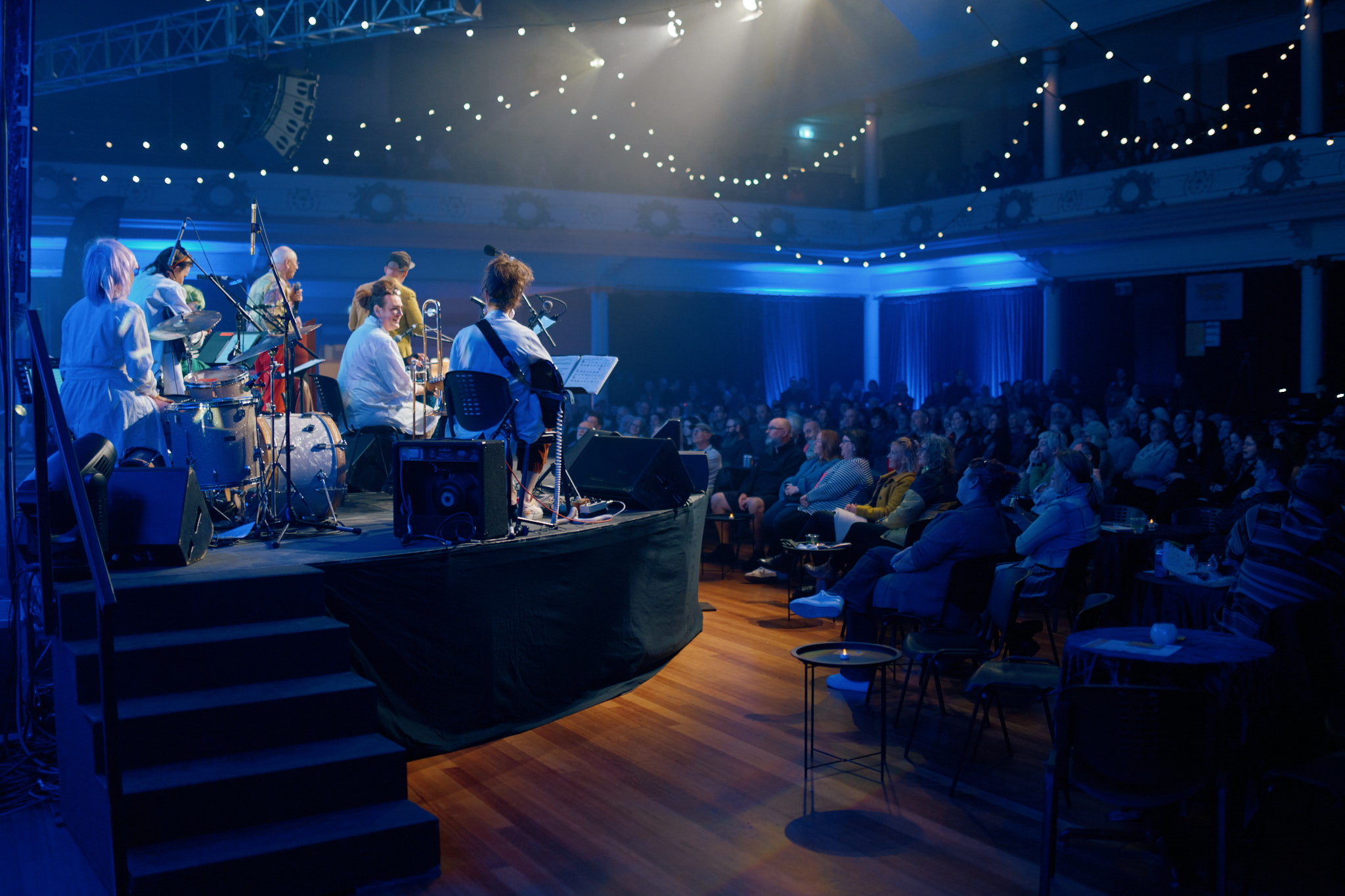 Pull up a seat where microscopes sit on bar tables, scientists take centre stage and boundary-pushing conversations – from the science of better sex to death over drinks – could change the world.
Pull up a seat where microscopes sit on bar tables, scientists take centre stage and boundary-pushing conversations – from the science of better sex to death over drinks – could change the world.
Centred around Hobart’s Tasmanian Museum and Art Gallery (TMAG) and nearby venues, the week-long festival features talks and workshops; interactive science/art installations; photography exhibitions; live music and performance; and Tassie food and drink.
Festival Founder/Creative Director Dr Margo Adler says: “This year, we’re reclaiming the parts of ourselves that feel most at risk of being lost in this age of distraction — our wonder, our pleasure, our attention spans, our connection to nature and to each other.”
National Science Week 2025 at Hive – Decoding the Universe from NW Tassie: Multiple dates and locations until Friday 22 August
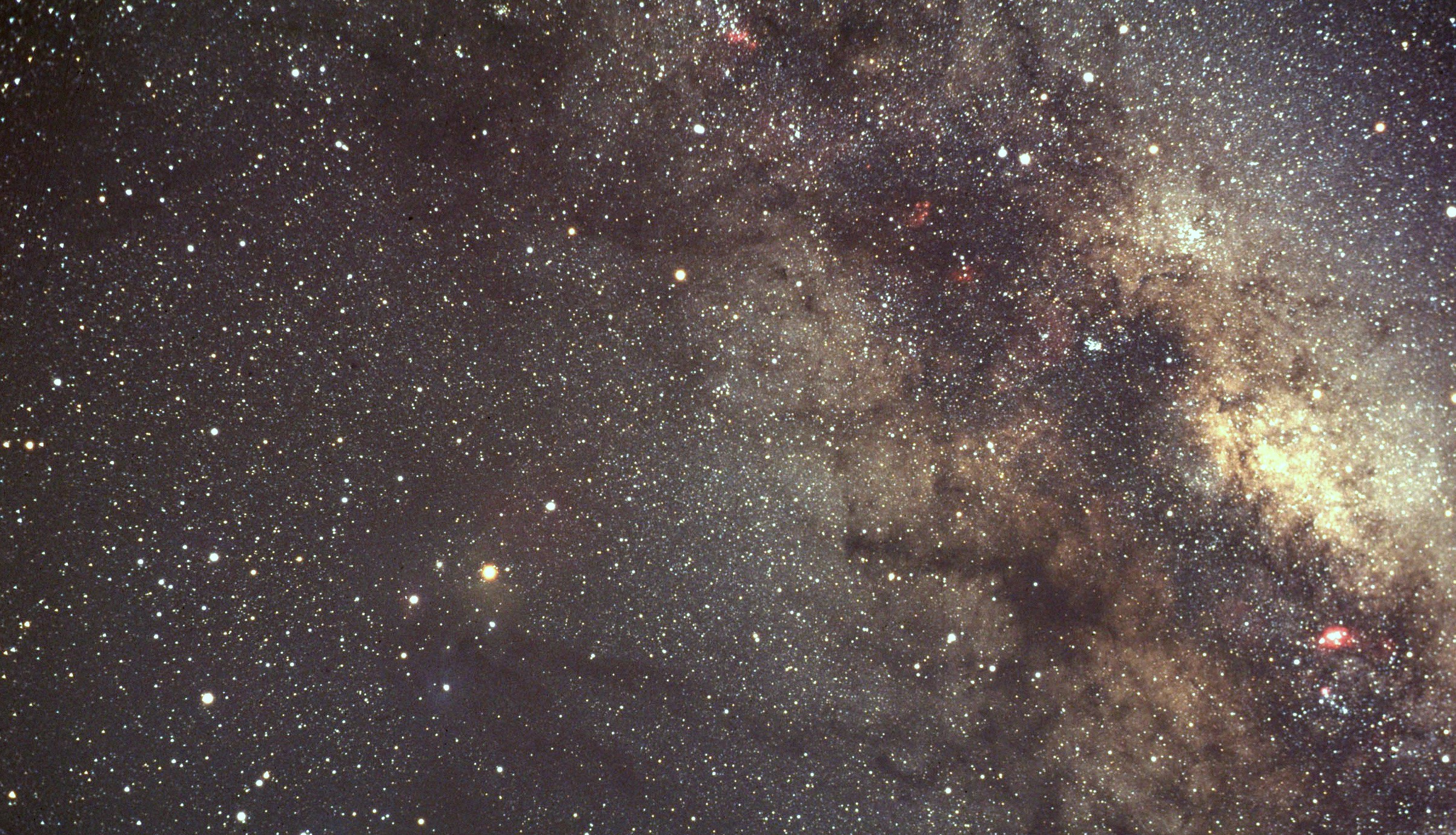 How does space weather impact spacecraft, satellites or our view of the Southern Lights, aka Aurora Australis? What do scientists find when monitoring some of the world’s cleanest air at Cape Grim?
How does space weather impact spacecraft, satellites or our view of the Southern Lights, aka Aurora Australis? What do scientists find when monitoring some of the world’s cleanest air at Cape Grim?
Find out during Hive Tasmania’s program of events including guided stargazing, rapid science sessions for schools, public talks, pub trivia nights, planetarium shows, and a dark skies citizen science project to measure light pollution.
Discover CallTrackers Online: Monday 18 August
![]() Bookend Trust is recruiting citizen science ‘CallTrackers’ to record proof of life of noisy nocturnal wildlife, including ultrasonic chirps of nine bat species and booms of the rare and mysterious Australasian bittern.
Bookend Trust is recruiting citizen science ‘CallTrackers’ to record proof of life of noisy nocturnal wildlife, including ultrasonic chirps of nine bat species and booms of the rare and mysterious Australasian bittern.
Participants will use state-of-the-art sound recorders to capture wildlife calls, helping scientists and conservationists track changes in populations and habitats over time.
Online workshops will be held during Science Week providing information on how to book a survey spot, borrow and use recorders, upload recordings to the Acoustic Pipeline website, and make identifications. Trained ‘CallTrackers’ go into the field from September to March across Tasmania.
Young Tassie Scientists: on tour until Saturday 23 August
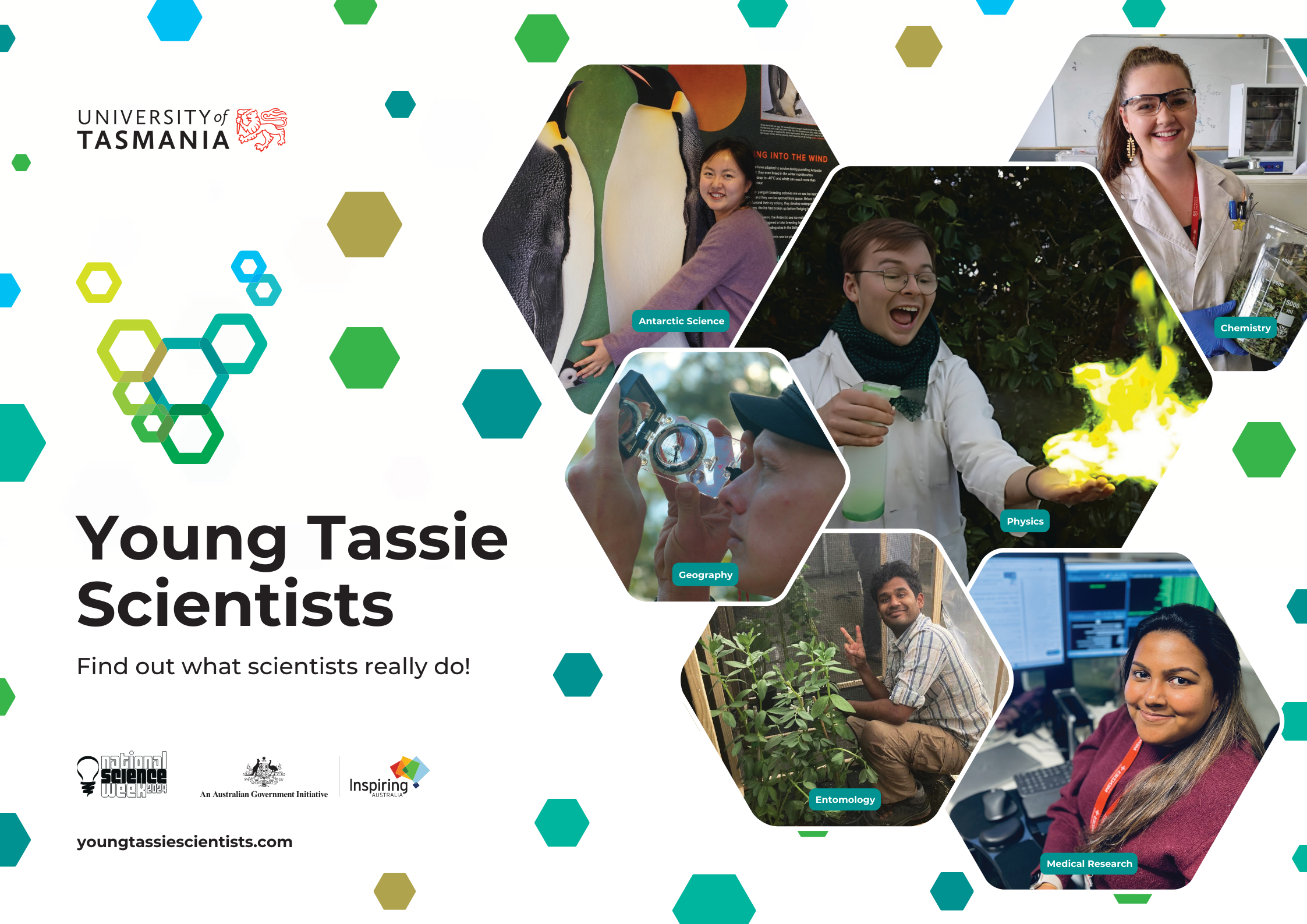 Creating black holes, hunting bad bugs, and tracking tabby cats. These are just some of the research topics of last year’s Young Tassie Scientists, a group of 40 early-career researchers who volunteer their time to share their passion for science with audiences across Tasmania.
Creating black holes, hunting bad bugs, and tracking tabby cats. These are just some of the research topics of last year’s Young Tassie Scientists, a group of 40 early-career researchers who volunteer their time to share their passion for science with audiences across Tasmania.
New recruits are trained each year. What will they share next?
Students and the wider public will get the opportunity to meet these bright young scientists as they travel around Tasmania, talking at schools and public events, with a focus on reaching regional, rural and island communities state-wide.
They highlight local science and career opportunities through engaging presentations and activities.
Festival of Bright Ideas: Saturday 23 August (and Schools Day on Friday 22 August) in Hobart
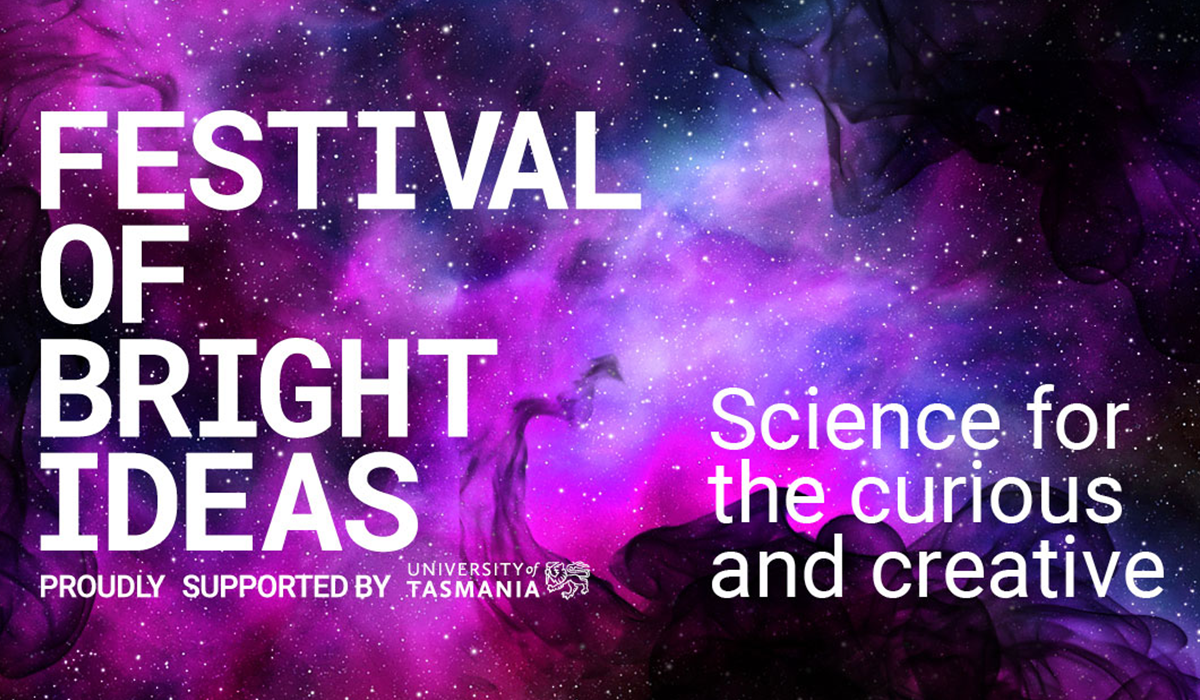 Become a Nature Tracker; meet Young Tassie Scientists exploring topics from plants to planets, DNA and deep-sea creatures; go fossil finding or see drones; and more.
Become a Nature Tracker; meet Young Tassie Scientists exploring topics from plants to planets, DNA and deep-sea creatures; go fossil finding or see drones; and more.
These are just some of the speakers, activities and displays at the Festival of Bright Ideas, Tasmania’s largest public STEM event, at Princes Wharf 1 on Hobart’s waterfront.
ExBEERimental Science: Friday 15 August in Hobart
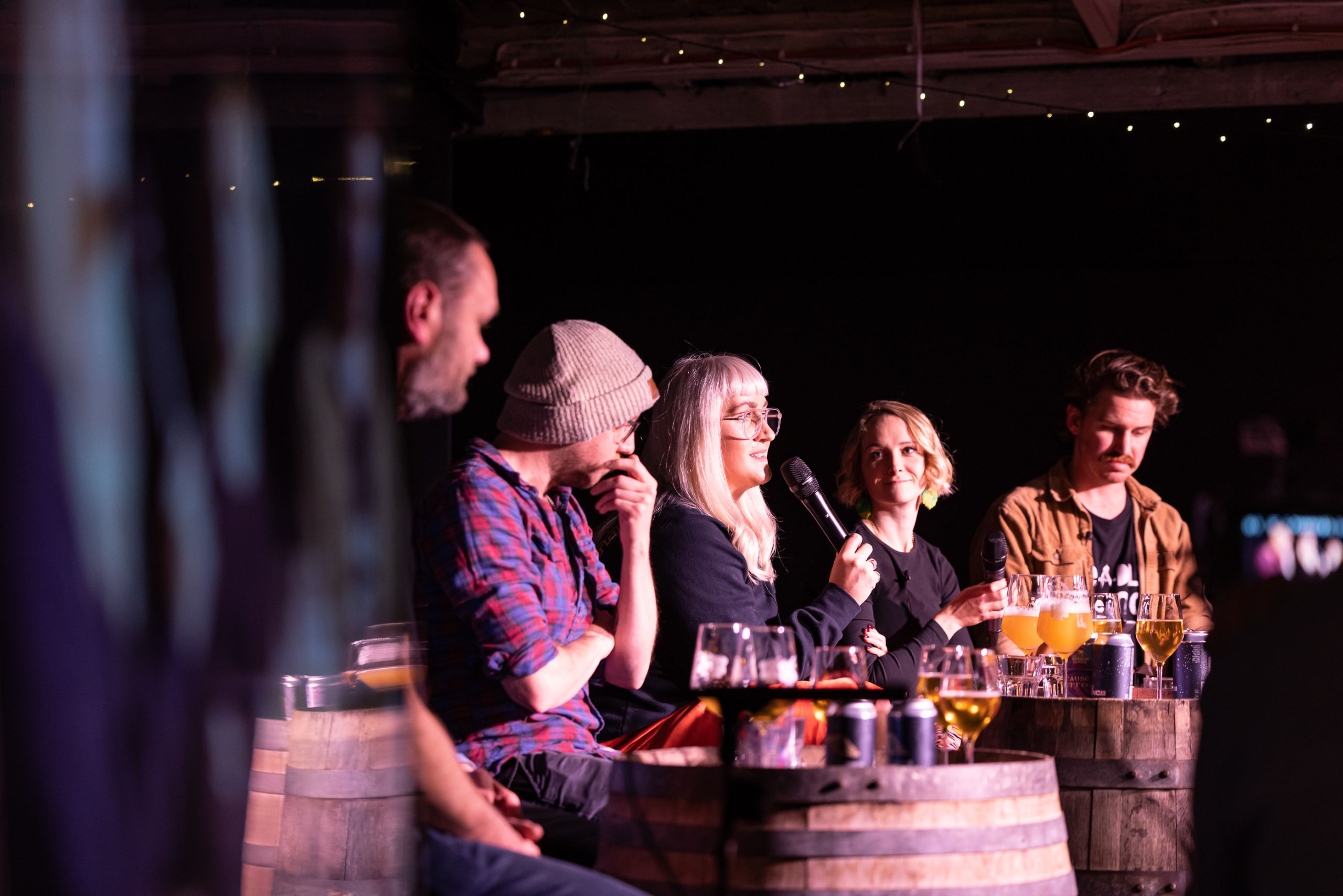 Four Tasmanian brewers serve up an identical recipe for beer, resulting in vastly different sensory traits.
Four Tasmanian brewers serve up an identical recipe for beer, resulting in vastly different sensory traits.
ExBEERimental Science showcases how small variations in brewing techniques impact our experience of downing a cold one.
Hear about the science and taste the difference with beer-loving scientists Kelsey Picard and Matthew Fielding at Shambles Brewery.
Is Laughter the Best Medicine? Wednesday 20 August in Sandy Bay
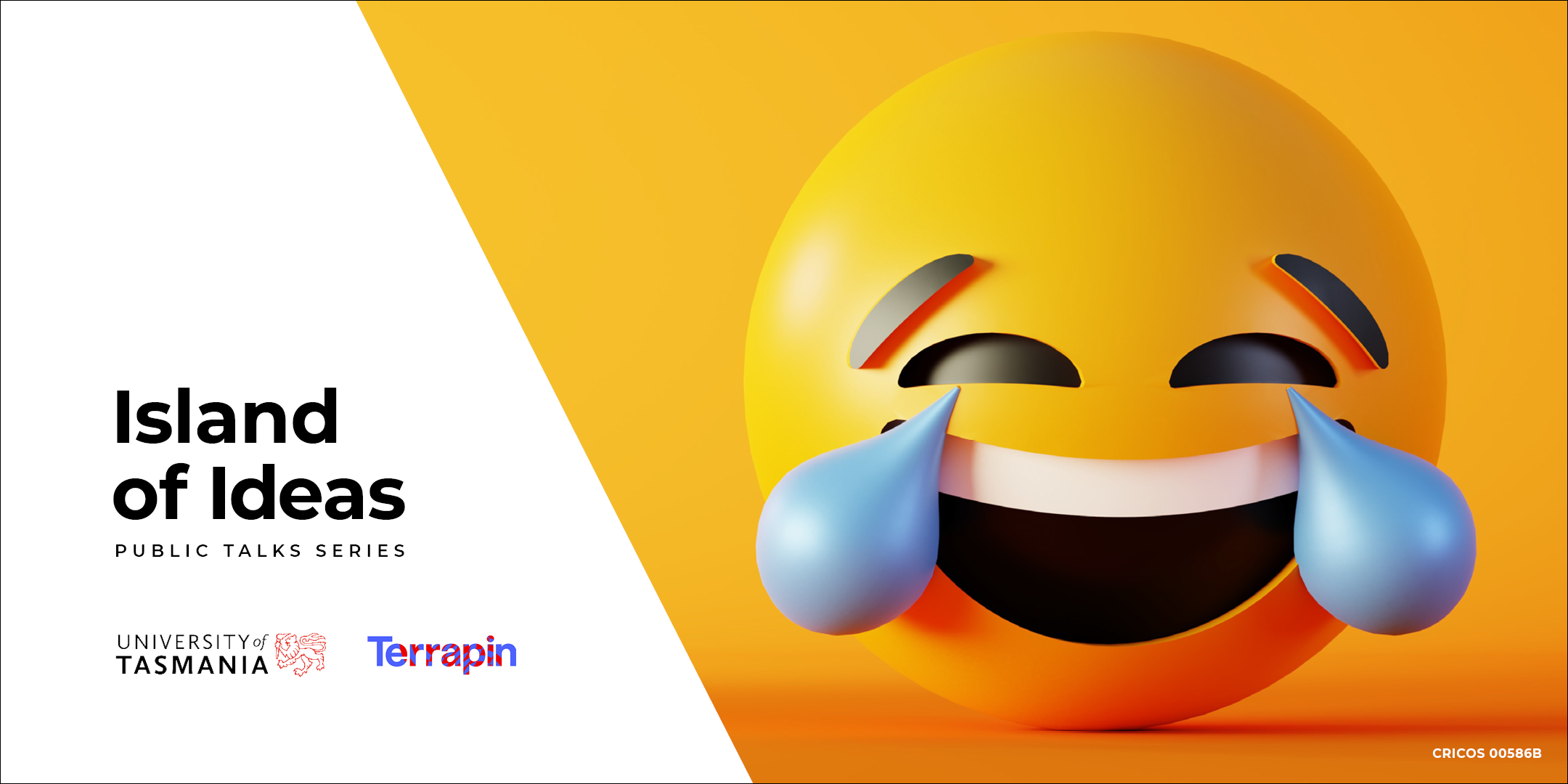 In times of growing social isolation and health challenges, could laughter offer unexpected health benefits?
In times of growing social isolation and health challenges, could laughter offer unexpected health benefits?
Ask neuroscientists, industry experts, researchers and the ‘grandfather of Tasmanian comedy’ (Dr Daryl Peebles) how humour might support well-being and strengthen connections.




